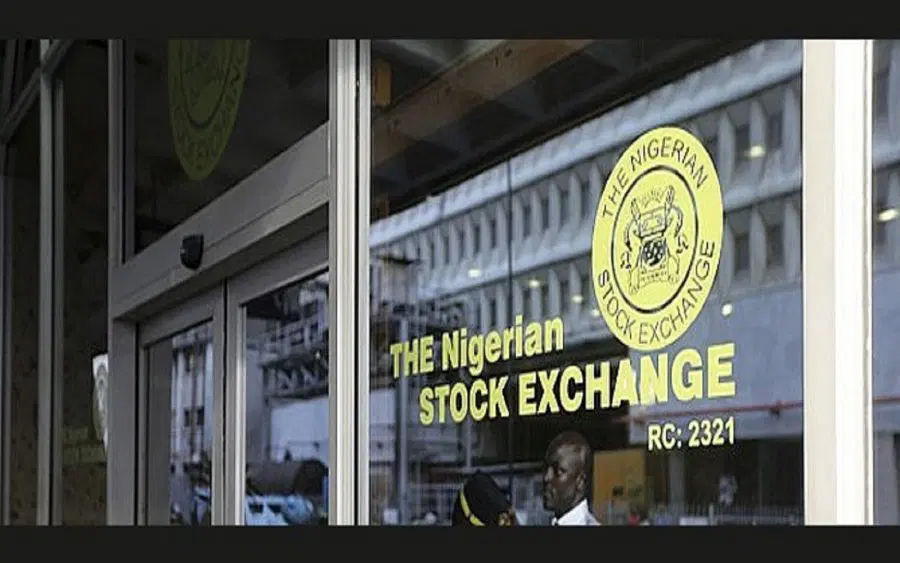Foreign portfolio inflows into Nigeria’s stock market have surged dramatically, rising by an unprecedented 846 percent to over ₦1 trillion, signaling renewed confidence in the country’s equities market and broader economy. According to the latest data from the Nigerian Exchange Limited (NGX), total foreign inflows reached ₦1.03 trillion as of September 2025, compared to ₦108.93 billion in the same period of 2023. This marks a remarkable turnaround for a market that had struggled to attract offshore capital in recent years due to foreign exchange constraints and macroeconomic uncertainties.
Foreign outflows also rose significantly by 443.6 percent to ₦810.39 billion from ₦149.09 billion in 2023, reflecting a more active participation of foreign investors who are rebalancing their portfolios in response to Nigeria’s recent policy reforms. The combined value of foreign transactions both inflows and outflows stood at ₦1.84 trillion, representing a 613.4 percent increase from ₦258.02 billion in 2023. This surge positions the Nigerian market among the top-performing emerging markets in terms of foreign investment activity this year.
Domestic investor participation also expanded impressively, climbing 172.6 percent to ₦6.69 trillion in 2025 from ₦2.45 trillion recorded in 2023. Analysts attribute this combined momentum to key policy measures introduced by the federal government, including foreign exchange liberalization, improved monetary coordination, and efforts by the Central Bank of Nigeria to stabilize liquidity and rebuild investor trust. These reforms have not only encouraged capital repatriation but have also improved the overall market sentiment toward Nigerian assets.
Market observers believe that the increased foreign inflows are being driven by a combination of factors attractive valuations of Nigerian equities, gradual stability in the naira, and renewed optimism surrounding fiscal and structural reforms aimed at stimulating growth. The rise in foreign participation also underscores the growing perception of Nigeria as a viable investment destination within Sub-Saharan Africa, particularly for portfolio investors seeking higher yields amid global market volatility.
However, despite the positive trend, analysts caution that the sustainability of these inflows will depend on how well Nigeria manages its inflation, foreign exchange stability, and interest rate trajectory. Inflation remains in double digits, and while foreign confidence has improved, long-term investment decisions will rely on consistent macroeconomic management and deepened capital market reforms.
In the broader sense, the surge in inflows represents more than just figures—it reflects a shift in investor confidence, a testament to the resilience of Nigeria’s financial system, and an indicator of growing interest in the country’s economic reform narrative. As both domestic and foreign investors continue to reposition themselves, the Nigerian capital market stands at a critical turning point, where sustained reform efforts could translate into long-term growth, enhanced liquidity, and stronger capital formation for businesses across sectors.
The over ₦1 trillion inflow milestone not only reinforces Nigeria’s position as a key investment hub in Africa but also highlights the significant potential of its capital market to attract global attention when supported by transparent policies and market stability.



